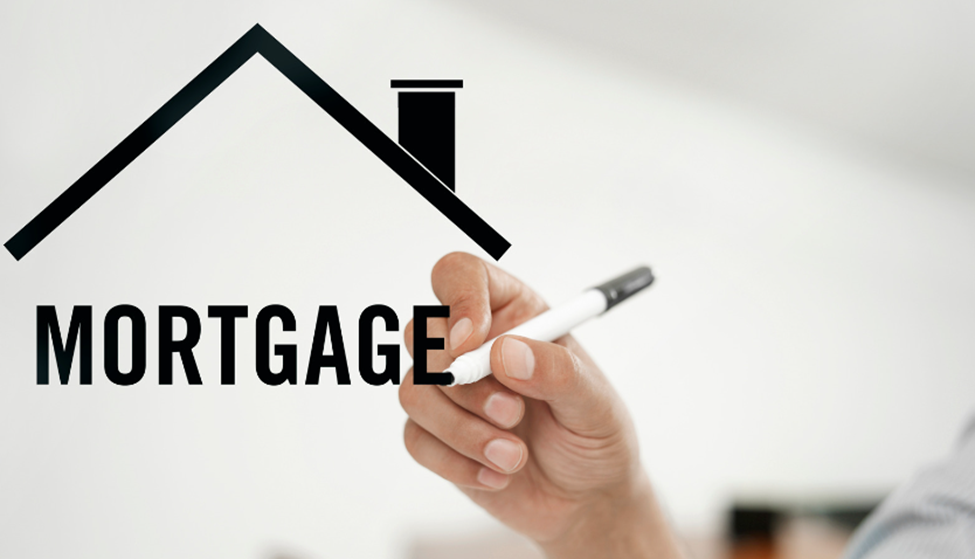
The world of home loans can be confusing, especially when terms that sound similar can have entirely different meanings. In this article, we're going to shine a light on the differences between private mortgage insurance (PMI) and private mortgages, two commonly misunderstood concepts. By understanding these distinctions, borrowers can make more informed decisions and feel confident in their homebuying journey.
Private Mortgage Insurance (PMI): Explained
Private mortgage insurance, or PMI, is a type of insurance policy that protects lenders in case a borrower defaults on their loan. Typically, lenders require PMI for loans with a down payment of less than 20% of the home's purchase price. The reason behind this is that with a smaller down payment, lenders take on more risk in lending the money.
PMI can be paid in various ways, such as a one-time upfront premium at closing, a monthly premium added to the mortgage payment, or a combination of both. The cost of PMI is determined by factors like the loan amount, type of mortgage, and the borrower's credit score.
While PMI is an additional cost for borrowers, it can be beneficial. It lets borrowers purchase a home with a smaller down payment, moving them one step closer to homeownership. Remember, PMI is not forever – once the borrower's equity in the home reaches 20%, they can request to have the PMI removed, and the lender is required to remove it once the equity reaches 22%.
Decoding Private Mortgages
A private mortgage is a type of loan provided by non-traditional lenders, such as private individuals or companies, instead of banks or credit unions. These mortgages are an alternative financing option for borrowers who may not qualify for traditional loans due to a poor credit history or issues with documentation.
The main advantages of private mortgages include faster approval times, less strict underwriting guidelines, and greater flexibility in loan terms. However, they also come with higher interest rates and potential fees when compared to traditional mortgages. Borrowers considering private mortgages should carefully weigh the potential benefits and drawbacks before deciding whether this route is right for them.
Final Thoughts
It is essential to understand the differences between private mortgage insurance and private mortgages to make informed decisions in the home-buying process. PMI protects lenders and enables borrowers with smaller down payments to become homeowners, while private mortgages offer an alternative financing solution for those who might not qualify for traditional loans. By understanding the benefits of a mortgage loan from a private lender, you can weigh your options and make an informed decision on which path to take in your homeownership journey. Thank you for reading!
